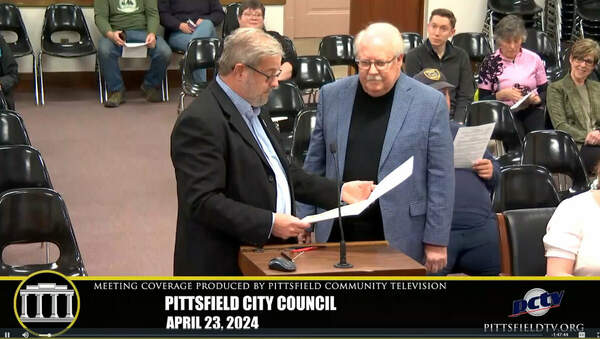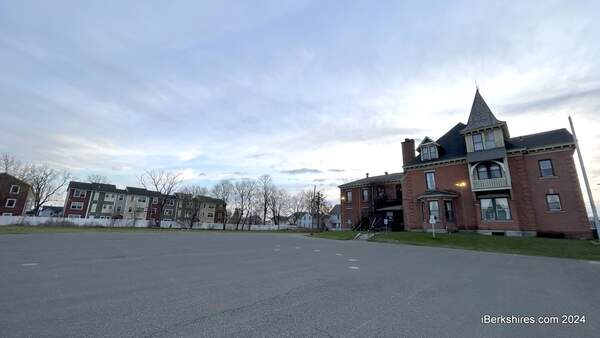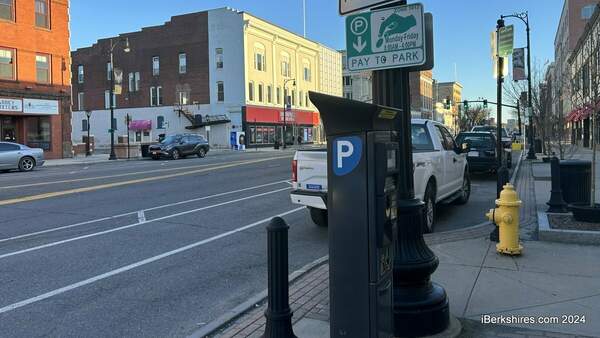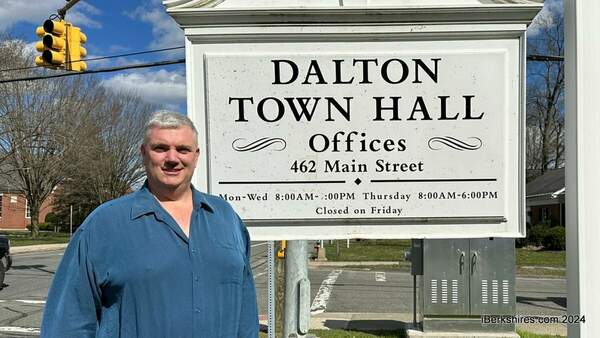Ethical Complaints Raised Against Lanesborough Officials
.JPG) The Board of Selectmen did not respond to the complaint. The Board of Selectmen did not respond to the complaint. |
LANESOROUGH, Mass. — A town resident is alleging that the chairman of the School Committee is using the Board of Selectmen as a "front to serve some other agenda."
Rich Cohen, a former School Committee member, filed a complaint with the town and the Selectmen on Monday accusing the board and the School Committee chairman of unethical behavior.
He cited two instances in which School Committee Chairman Robert Barton has pushed issues pertaining to the Elementary School through the Board of Selectmen without consulting with the rest of the School Committee.
Earlier this year, Barton requested a total of $5,000 for a study and a survey regarding the Superintendency Union 71.
Barton had not talked with his committee first but was granted the money. That request caused consternation with both the School Committee and Superintendency Union 71 because they were unaware of the issue.
The second instance was regarding a meeting on Thursday about the town's position on a feasibility study for a new Mount Greylock Regional School. Barton had requested the meeting and the Board of Selectmen are now hosting it.
"A number of people have complained to me about whether the Board of Selectmen have been giving undue influence to the chairman of the Lanesborough Elementary School Committee," said Cohen on Monday. "He cannot be using the Board of Selectmen to get around his obligation to serve on the Lanesborough Elementary School Committee."
Barton is a former selectman who resigned to run for the School Committee position. While a selectman, he established an array of town committees, including an appointed education committee tasked with finding ways to save money in the long-term for the town.
Barton now sits on both that town committee as well as the elected School Committee, so in requesting those two items from the Selectmen, he positioned himself as speaking for the town committee.
"He can't act as an independent party or of another board," Cohen said. "Elected bodies need to operate independently from each other."
Thursday's meeting, for example, is being held by the Board of Selectmen but came at the request of Barton. The invitations for the meeting were sent out by Barton instead of the Selectmen or town administrator. Town Administrator Paul Sieloff said the emailed invitations were sent out by Barton as "a favor" because he was out of town.
Nonetheless, Cohen alleges that Barton is using the Selectmen to approach topics — such as moving the middle school students to the elementary school — that should be vetted by the School Committee.
"The Board of Selectmen have been used as a front to serve some other agenda," Cohen says.
The Selectmen did not comment on the complaint other than saying they would "take it under advisement."
Earlier this month, Cohen also filed an Open Meeting Law complaint with the attorney general regarding Barton's behavior during a meeting.
Cohen's complaint is available below.
Cohen Letter to the BoS 24March
Tags: ethics complaint, Lanesborough, open meeting complaint, school committee,















